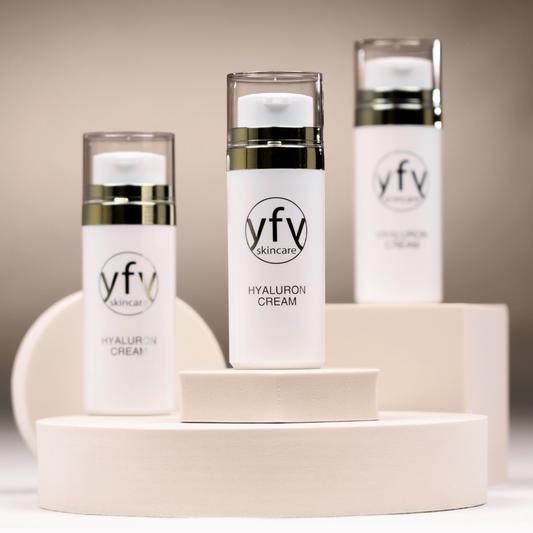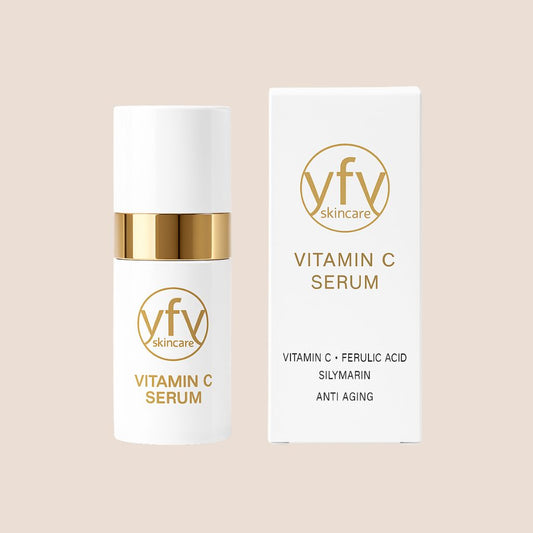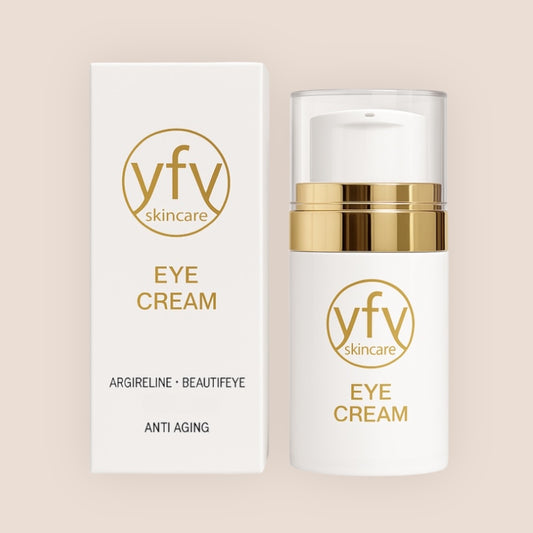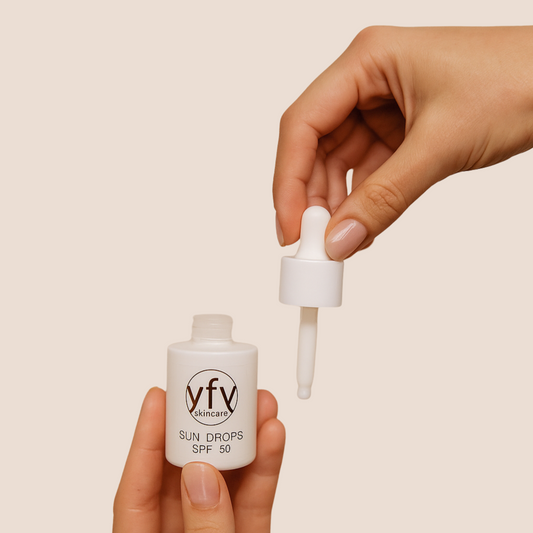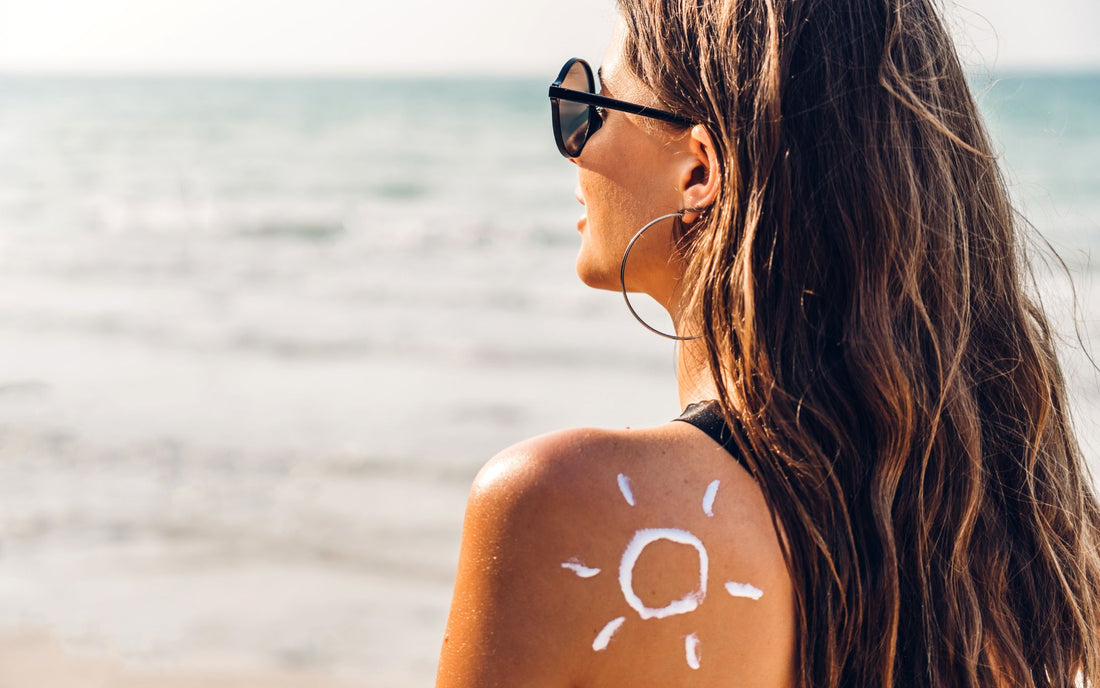
Everything you need to know about sunscreen
shares
The sunscreen
Sunscreen is not just a summer companion, but a must for every day. In this article you will learn everything you need to know about sun protection and why it is so important for your skin.Why is sun protection important?
The sun is a vital source of energy for our planet, but its ultraviolet (UV) rays can be harmful to our skin. These rays can not only cause sunburn, but also premature skin aging, pigment spots and, in the worst case, skin cancer. Effective sun protection prevents these harmful effects and preserves the youth and health of our skin.
This is how sunscreen protects you
Sun protection not only offers protection from harmful UV rays, but also intensive moisture. It forms a barrier on the skin that reflects and absorbs UV rays. This prevents them from penetrating the skin and causing damage. Additionally, the hyaluronic serum helps keep the skin hydrated and plump, reducing dryness and fine lines.
The right sun protection factor
The sun protection factor (SPF) indicates how well a sunscreen protects against UVB rays. A higher SPF means longer protection. However, it is important to note that no sunscreen provides 100% protection. For daily use in the city, an SPF of 30 is often sufficient. For intense sun exposure, for example on the beach or in the mountains, an SPF of 50 or higher should be chosen.
Difference between mineral and chemical sunscreen
Mineral sunscreen uses natural minerals like zinc oxide or titanium dioxide that stay on the skin and reflect UV rays. They are often suitable for sensitive skin or children. Chemical sunscreen, on the other hand, contains organic (carbon-containing) compounds that penetrate the skin and absorb UV rays before they can cause damage. Both types have their advantages and disadvantages, so it is important to choose the product that best suits your skin type and needs.
Advantages and disadvantages of mineral and chemical sunscreen
Choosing between mineral and chemical sunscreen can often be confusing. Both have their own advantages and disadvantages, which can vary depending on your skin type and needs.
Mineral sunscreen benefits:
Immediate protection after application, often better suited for sensitive skin or children, no risk of skin irritation from chemical filters, longer lasting.
Cons: Can leave a white film on the skin, may be harder to spread, needs to be reapplied more frequently, especially after swimming or sweating.
Chemical Sunscreen Benefits:
Lighter texture, absorbs quickly, does not leave a white film, broad spectrum UV protection.
Disadvantages:
May cause skin irritation, especially on sensitive skin, must be applied 15-20 minutes before sun exposure to be effective, may lose effectiveness over time
How do I use sunscreen?
Using sunscreen correctly is just as important as choosing the right product. The protection can only work optimally if the cream is applied correctly.
Mineral Sunscreen: Because mineral sunscreens act as a physical barrier on the skin, they should be applied as the last step in your skincare routine, after all other skincare products (like serums, moisturizers, etc.) have fully absorbed. Apply a generous amount and distribute evenly. Note that mineral sunscreens can often leave a white film on the skin, but this should fade over time.
Chemical sunscreen : Chemical sunscreens should be applied as a first step after cleansing and before other skin care products. This allows the active ingredients to penetrate the skin and work optimally. After applying the sunscreen, wait about 15-20 minutes before continuing with your usual skin care routine to ensure the protection is fully activated.
How long does sunscreen last?
The duration of protection depends on many factors, including SPF, skin type and intensity of sun exposure. In general, sunscreen should be reapplied every two hours. If you come into contact with water, for example when swimming, or if you sweat heavily, the protection should be replaced more often.
Calculate the maximum length of time a sunscreen will stay on
To find out how long you can safely stay in the sun, multiply your individual protection time by the sun protection factor (SPF) of your sunscreen. However, please note: reapplying the cream does not extend this time.
Example: Assume your natural protection time is 10 minutes (due to fair skin type) and you use a sunscreen with SPF 30. This means you can safely be exposed to the sun for a total of 300 minutes.
Different types of sunscreen
There are a variety of sunscreens that differ in consistency, application and protection:
Lotion: Ideal for the body as it is easy to spread and absorbs quickly.
Cream: Often offers more intensive care and is particularly suitable for the face.
Drops : Highly concentrated and ideal for mixing with your daily moisturizer.
Oil: Gives the skin a beautiful shine and can be water resistant.
Gel: Particularly good for oily skin as it is non-greasy and absorbs quickly.
Spray: Easy to use, especially for hard-to-reach areas like the back.
Discover our Sun Drops for optimal sun protection
While we talk about the importance of sun protection, we would like to introduce you to our specially developed Sun Drops . These innovative drops not only offer high-quality protection against harmful UV rays, but are also enriched with nourishing ingredients that leave your skin hydrated and radiant. The lightweight formulation allows for easy integration into your daily skin care routine. A few drops are enough to give your skin the protection it deserves without leaving it feeling sticky or greasy. Try our Sun Drops!
Conclusion sunscreen
Choosing the right sunscreen is crucial to the health of your skin. Take the time to find the right product for you and protect your skin from the harmful effects of the sun every day.
